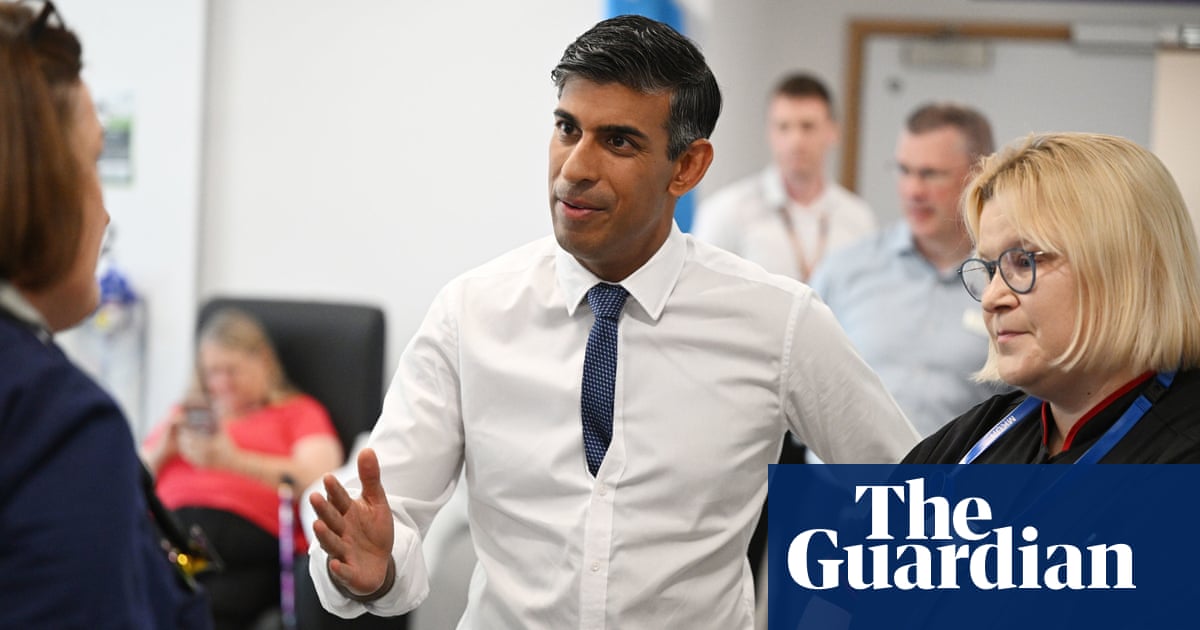Pay rises should be a ‘reward for productivity’, says Rishi Sunak - 3 minutes read

Rishi Sunak has said pay rises should be “sustainable” and come as rewards for productivity, risking further criticism from trade unions.
The prime minister said in an interview with ITV News it was not for the government to intervene in pay talks between companies and employees, when asked if he would like to see employers showing “more moderation” in relation to pay rises.
He added: “As a general rule, we need pay rises that over time are sustainable and that means pay rises that are focused on rewarding productivity increases.
“That’s just a kind of ordinary. That’s what people would expect, that as we improve our productivity, pay can rise greater – that’s want I want to see, I want people to be paid more, but that means we have to have a growing economy where productivity is rising.”
Sunak’s comments come after Bank of England governor Andrew Bailey expressed concerns that pay increases were fuelling inflation. Office for National Statistics (ONS) data on Tuesday also showed that total pay, including bonuses, rose by 8.2% a year in the three months to June, stronger than the 7.3% analysts expected.
Regular pay, which excludes bonus payments, rose by 7.8% in the quarter, the highest regular annual growth rate since comparable records began in 2001, up from 7.5% in March-May.
The Bank of England is now under renewed pressure to raise interest rates next month after wages jumped more than expected in June, boosted by a one-off payment to NHS workers.
However, amid recent inflation and rising interest rates, trade unions have taken issue with the apparent blame attached by Bailey and others to wage demands by low and middle earners.
The Trades Union Congress (TUC) general secretary, Paul Nowak, said on Tuesday: “Real wages are still worth less today than in 2008 after the longest pay squeeze in 200 years. And at the same time, unemployment and insecure work are shooting up.”
An analysis in June by the TUC also found that pay rises for the top 10% of UK earners, including City bosses, had clearly outstripped the rest of the workforce and had been a prime driver of recent inflation and interest rates.
Sunak trumpeted the public sector pay offers that the government had extended to NHS workers, teachers and others and called for an an end to industrial action by doctors.
“The government has accepted what is I believe a very fair and reasonable offer where typical junior doctors’ salaries or pay is going up by around 9%,” he said.
A four-day walkout by junior doctors in England – their fifth so far in an ongoing dispute over pay – drew to a close on Tuesday. Their union, the British Medical Association (BMA), is asking for a 35% pay rise to restore pay to 2008 levels after a series of below-inflation pay rises.
Consultants – who have said they want to see pay rises that at least match inflation – will strike on 19 and 20 September.
Source: The Guardian
Powered by NewsAPI.org